To have proper delivery of fuel at correct flow rates and pressure from the gas tank to fuel injectors it is essential to maintain steady gasoline supply in the fuel lines. Proper fuel delivery is essential for maintaining good engine performance. Sometimes, electric fuel pumps do not deliver fuel at the required pressure and volume thereby causing the vehicle’s engine to malfunction or possibly not work at all. Especially, if the pressure delivered by the fuel pump is low then it can make the engine perform poor with issues like hard start, stalling, hesitation or misfiring, decrease in fuel mileage etc. The reason could be a weak fuel pump, clogged/dirty fuel filters or leaky fuel pressure regulator, restricted fuel lines and many others.
Most of the vehicles have an attached pressure fuel gauge to check the pressure specifications of the vehicle. If the specification is not within the standards there is a problem that requires further diagnosis. However, one can anticipate the following reasons for fuel pressure issues.
Not Enough Fuel In The Gas Tank
Having enough fuel in the gas tank is a must to keep the vehicle running. When the optimum level is not maintained, and if the fuel level falls below the level of the fuel pump in the gas tank, then the pump will have no fuel to deliver and starts taking in the air. This can lead to overheating issues and can even cause failure of the fuel system.
Low Voltage To The Pump
To supply the engine with the right amount of fuel, fuel pumps are run at different speeds by varying the voltage supplied to it. The voltage given should be within the specified limits to ensure proper fuel supply to the engine. If the voltage supplied to the pump is low, for any reason like broken wire connection or weak battery, the pump will not work as normal. There will be a drop in fuel pressure and the pump may fail to provide the right amount of fuel to the engine.
Bad Or Faulty Fuel Filters
Fuel filters act as a trap preventing contaminants from reaching the engine. It filters debris and other waste particles and stops them from entering the vehicle’s fuel system. However, over time the filter can become clogged due to excessive dirt trapped in it. In such cases, it can no longer filter the dirt and may even stop the flow of fuel. The filter has to be changed or cleaned to ensure proper flow through the system, otherwise, it can affect the working of fuel pumps and injectors.
Defective Fuel Pressure Regulator
Fuel pressure regulator is an important component responsible for keeping a check on the pressure of the fuel flowing through the system. It ensures proper supply of fuel to the injectors by building enough pressure in the fuel rails. Any issues with the component such as fuel leaks or internal failures can affect the steady supply of fuel to the engine which can negatively impact engine performance.
Faulty Fuel Lines
Enough pressure has to be maintained in the fuel lines to support the injectors with a proper supply of fuel. A fuel pump draws gasoline from the tank through fuel lines and delivers it to the engine via fuel filter. Any restriction or leakage in the lines can reduce the pressure and may impact the delivery of fuel to the engine.
Problem With Fuel Pump Relay
The relay acts as an electronic switch that controls the current passing to the fuel pump. It is typically controlled by ignition and ensures power supply to the fuel pump. If the relay is defective it cuts off power to the pump and causes the engine to stall. The vehicle may crank when the ignition is turned on but the engine will not start due to lack of fuel supply.
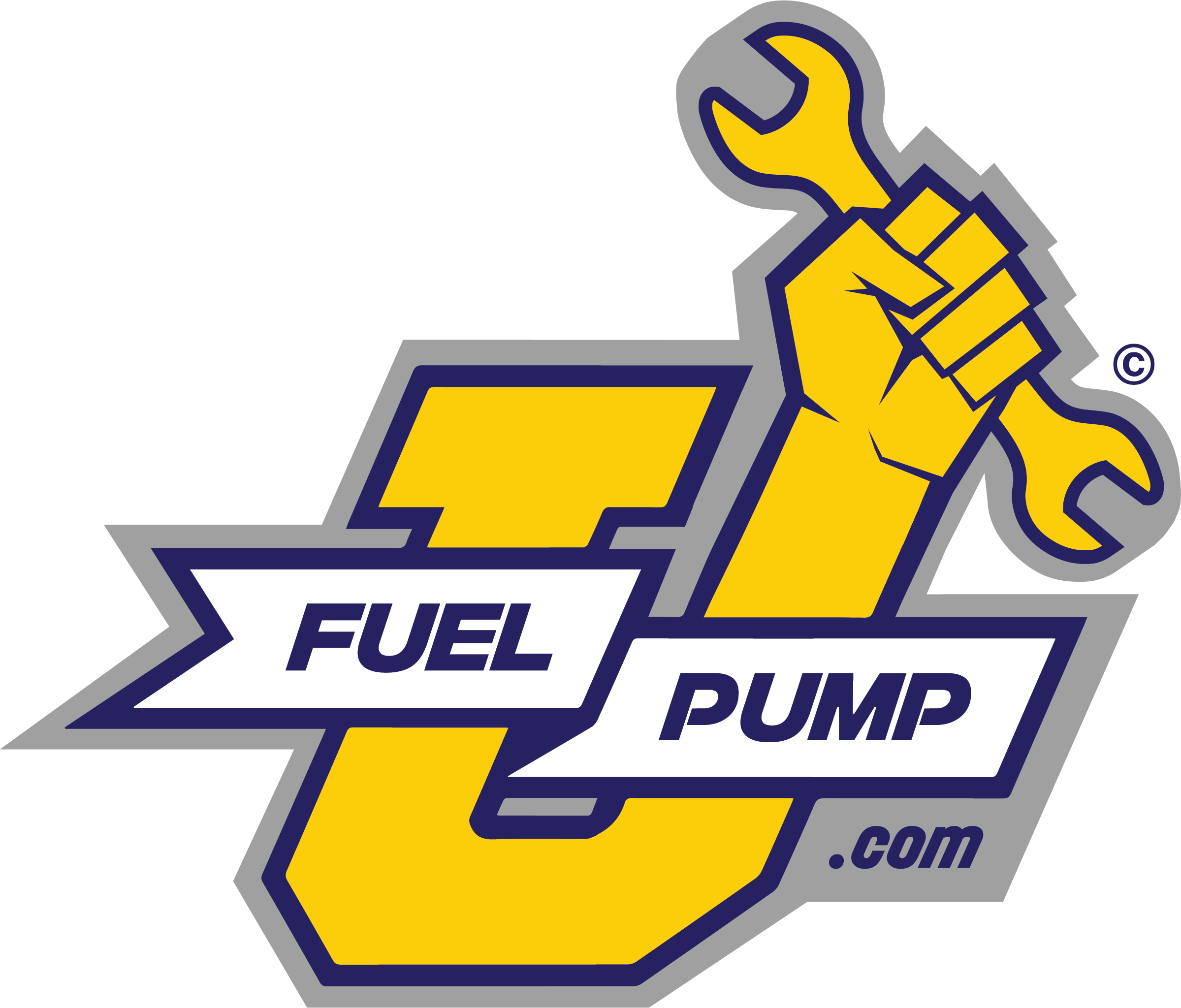
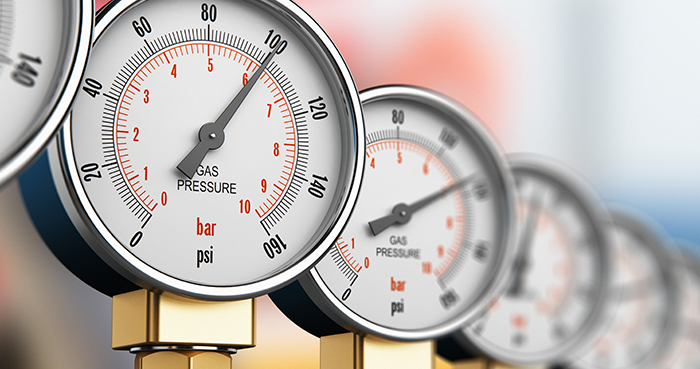
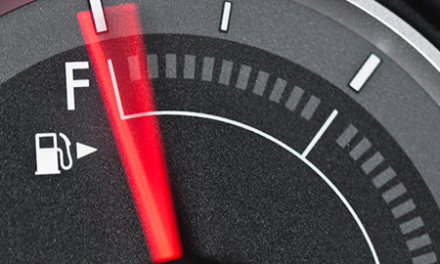
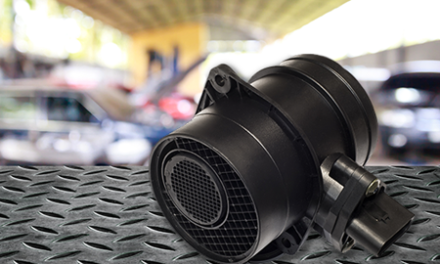
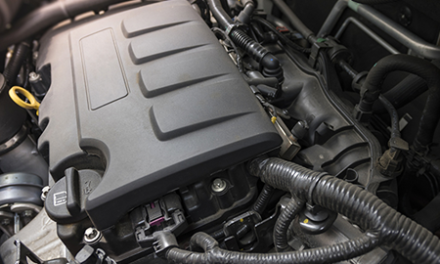
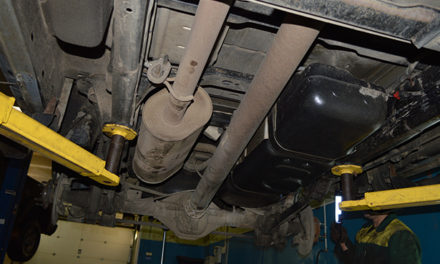
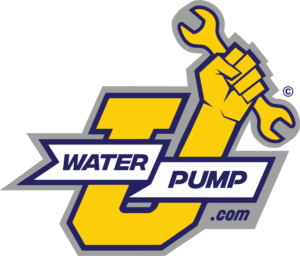
Trackbacks/Pingbacks